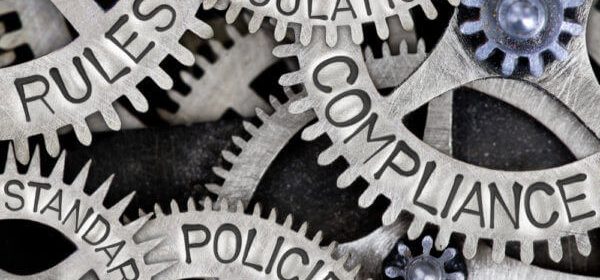Andy Yen Is in Favor of Crypto Regulation

Andy Yen is the CEO and co-founder of Proton, a privacy-centered organization that seeks to provide a whole new (autonomous) version of the Internet.
Yen Wants to See Change in the Crypto Space
In a recent interview, he gave his thoughts on bitcoin, crypto, and what traders can expect in terms of legislation and what the space will hold.
In the past, Yen has gone on record about being a bitcoin and crypto supporter. Right now, bitcoin is only accepted as a form of payment amongst limited agencies and enterprises, and given the circumstances surrounding bitcoin, Yen himself is not entirely sure about what will happen. He’s not sure if he’ll continue to hold it or not, nor is he sure if Proton will accept payments via the Bitcoin Lightning Network. In the interview, he stated:
Okay, so you know, it’s kind of an interesting topic given the meltdown in the financial markets. Proton has always kept some of our reserves in bitcoin, and this is something that’s already known out in the world. There’s an internal debate; I don’t have the answer to that yet. I’m not sure if we continue to hold bitcoin or not hold bitcoin. Again, I’m not, let’s say a bitcoin industry insider, but I’m happy to share some of my perspectives. I think there’s just too much fraud and abuse and other objectionable things, incredulous things, especially when you look at things like NFTs and some of the other things that happened at the tail end of let’s say, the recent bubble, right? There’s just too much fraud and too much icky stuff in the space.
Regulation Could Possibly Work
He continued with his thoughts on regulation and appears to be in favor of it. He said:
So, this might not be a popular opinion, but I do believe the crypto community is well served by taking a stronger stance on regulation, and I don’t mean by having lawmakers come in and set rules and laws on what you can and cannot do because they don’t understand the space, but I think a lot of players within the space. We ought to have some moderation and maybe you know, self-regulation, if that’s even possible, right? I think it’s important to do that or else we have a continuous cycle of spikes and crashes and spikes and crashes, and that’s not good in the long term. People are not going to have faith and confidence and trust in an asset class if it’s frequently having 80 percent crash cycles. We need the crash cycles to be less and less severe over time, and that’s just not happening. This crash cycle is just as bad as the last one, and that shows me that we haven’t really learned our lesson here, so maybe a controversial view, but that’s my personal view on this.
Source: Read Full Article
